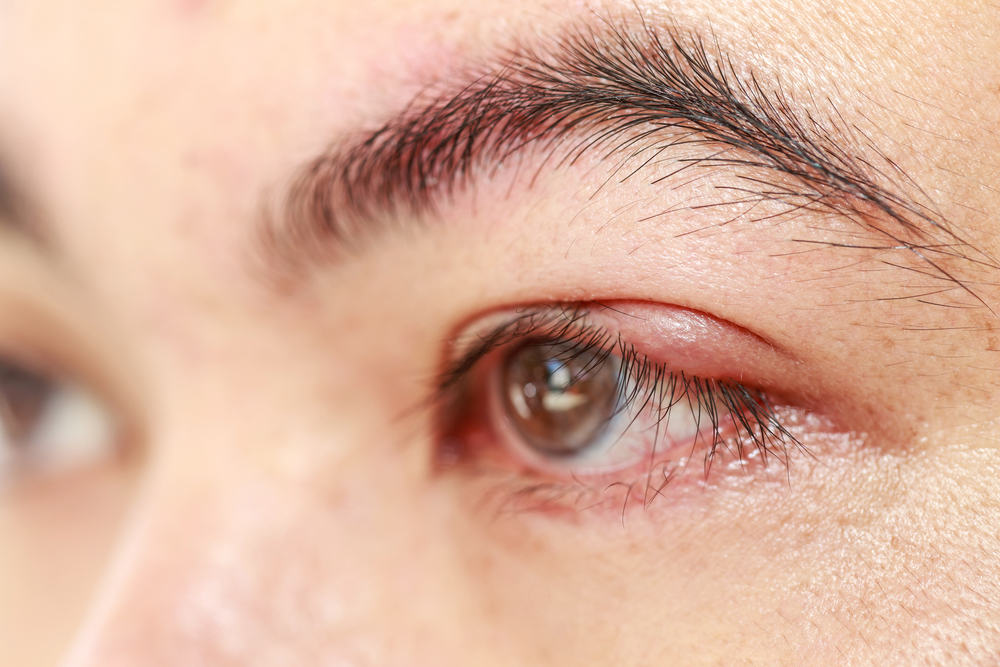Contents:
Usually descending peranakan occurs with age. Especially if you have entered menopause. Even so, this condition can also occur in women of all ages. If you don't get proper treatment right away, going down the breed can increase the risk of infection or pelvic organ injury. That is why, it is important for you to know the signs and symptoms of descending peranakan early.
Does it go down peranakan?
Down peranakan, or in a medical language called uterine prolapse is the condition of the uterus which drops into the vaginal canal. This happens because the pelvic floor muscles and ligaments stretch and weaken so they are no longer able to support the uterus. As a result, the uterus falls slowly and protrudes out of the vagina.
Usually peranakan descent will occur with age, especially during menopause. Frequent pregnancy, giving birth to a large baby, difficult labor, and straining (signed) Excessive childbirth increases your risk of falling down. Not only that, it turns out that often doing physical activity that gives a lot of pressure to the pelvic muscles also contributes to this condition.
Peranakan descent is divided into several severity levels, namely:
- Level I, occurs when the cervix drops to the vagina
- Level II, occurs when the cervix drops to the limit of the vaginal mouth
- Level III, occurs when the cervix comes out of the vagina
- Level IV, occurs when the entire uterus comes out of the vaginal mouth
Various symptoms go down peranakan
The following are some typical symptoms of peranakan downtake and you should be aware of:
- Feeling like sitting on a ball or something coming out of the vagina
- Feeling there is meat or bumps that block from the vaginal opening
- Full feeling and a little depressed in the lower abdomen or pelvis
- Having urinary tract problems, such as urine incontinence (bedwetting) or urine resistance
- Frequent vaginal bleeding or vaginal discharge
- Difficulty defecating
- Difficulty moving your stomach
- Lower back pain
- Vaginal tissue is weak, loose or sagging
- Often feel uncomfortable when walking
- Sex becomes more painful
If you feel the things mentioned above, immediately consult a doctor. This is done so that you immediately get the best treatment that suits your needs. Because going down the breed that is not quickly treated can interfere with bowel function, bladder, and your sexual function.
Treatment options go down peranakan
Treatment of this condition actually depends on the severity of your uterine structure. If the condition is mild, you may not need treatment. However, if the condition is severe to make you uncomfortable and have difficulty in doing activities, there are several medical procedures that need to be done.
The following are several treatment options and treatments for peranakan:
- Kegel gymnastics. You can strengthen your pelvic muscles by routinely doing Kegel exercises.
- If you have excess weight, try to do it weight loss.
- Estrogen hormone therapy. However, this therapy is only used in some women after menopause.
- Drugs. Treatment uses an ovarian suppository that is inserted into the vagina to restore the strength and vitality of vaginal tissue.
- Use of a pessary. A tool that is used to help push the uterus and keep it more stable. This tool can be used temporarily or permanently. However, if your descent is severe, this device might not work.
- Operation. Depending on the age and plan of pregnancy, surgery can be an alternative treatment. In severe cases, your uterus may be removed by a hysterectomy procedure. This action can be done through a small incision in the abdomen or in the vagina with a special tool. In addition, uterine suspension can also be done to put the uterus back in its position by connecting the pelvic ligaments or using other ingredients.













